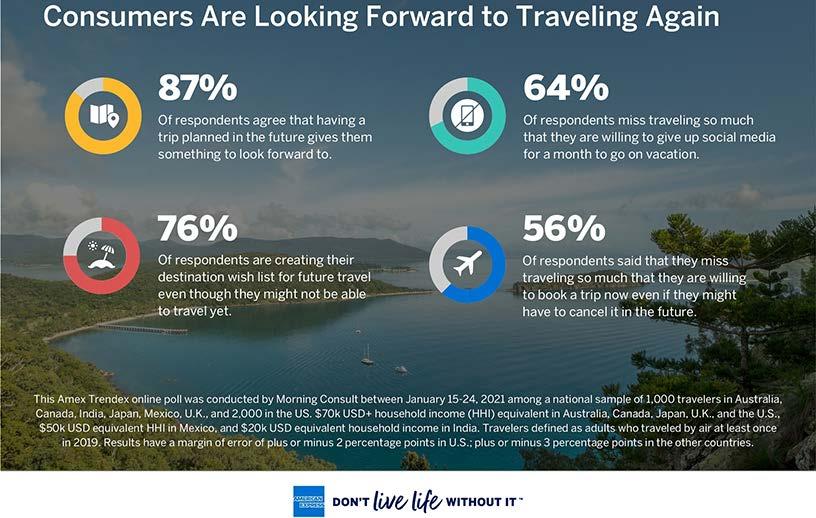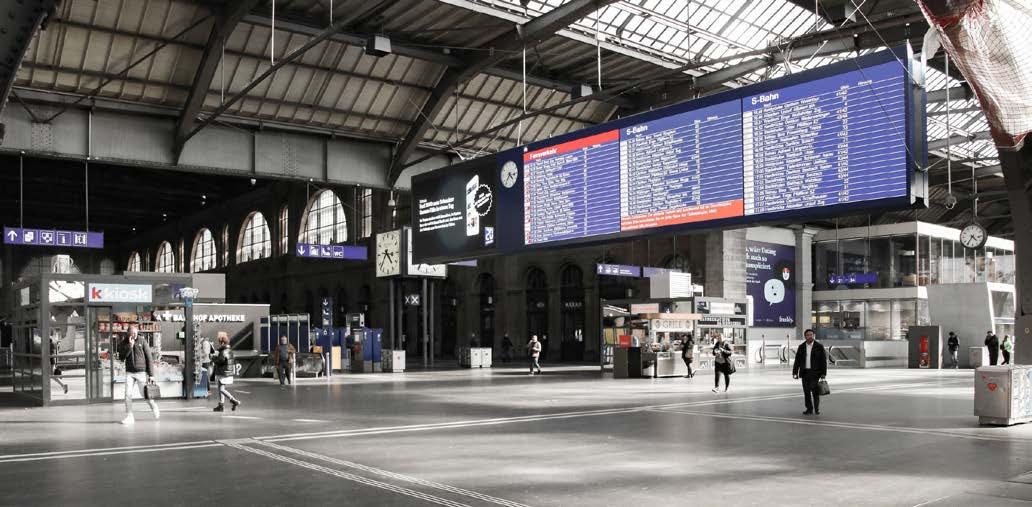FUTURE FOCUS
The future of event technology Covid-19 has sped up technological innovation and adoption across the event industries globally, with a focus on enhancing both virtual and hybrid event spaces.
M
ike Lysko, founder and chief executive officer of Flock Eventing Platform said: “The global pandemic has fast-tracked the adoption of technology in the event industry in a bid to provide people with a way to communicate safely and efficiently, despite global health concerns. “One thing is for sure - technology and innovation is likely to remain a cornerstone of the ever-changed event industry,” he said. Mr Lysko takes us through a few of the existing and emerging event tech advancements making waves in the industry. 1. Virtual experiences and chat rooms Chat and Q&A functions are one of the top three features attendees want from virtual events. Being able to connect with other guests is part of what makes live events so valuable and what people tend to miss 24 Business Events Africa May 2021
most when attending virtual conferences. “It’s essential to create online environments that enable truly authentic virtual interactions that foster actual connections,” Mr Lysko said. 2. Translation technology One of the many merits of hosting virtual and hybrid events is the potential to tap into the global market and reach more international delegates. In-app electronic translations will make events more accessible to people connecting from different countries who speak different languages. “As this type of technology is streamlined it will become better at capturing the nuances of certain languages and even perhaps speak as well-known spokespersons,” Mr Lysko said. 3. Voice command technology People are steadily moving towards a contact-and-effortless way to obtain their
information. Voice command technology allows attendees to ask a simple question such as “When is the next seminar?” Event planners may program the voice command tech to make suggestions based on the activities and preferences of the delegates and by doing so, increase engagement. Mr Lysko explained that in the future we are likely to see event voice assistance or voice concierges become an essential component in online and hybrid events, guiding attendees through an event. 4. Virtual Reality (VR) and Augmented Reality (AR) at events Virtual and augmented reality will become an essential tool in the event industry. These tools will allow attendees to immerse themselves in an event space or completely understand and dissect products through VR and AR headsets. As VR and AR becomes more advanced it will likely become an event staple and attendees will not only attend events to www.businesseventsafrica.com






















